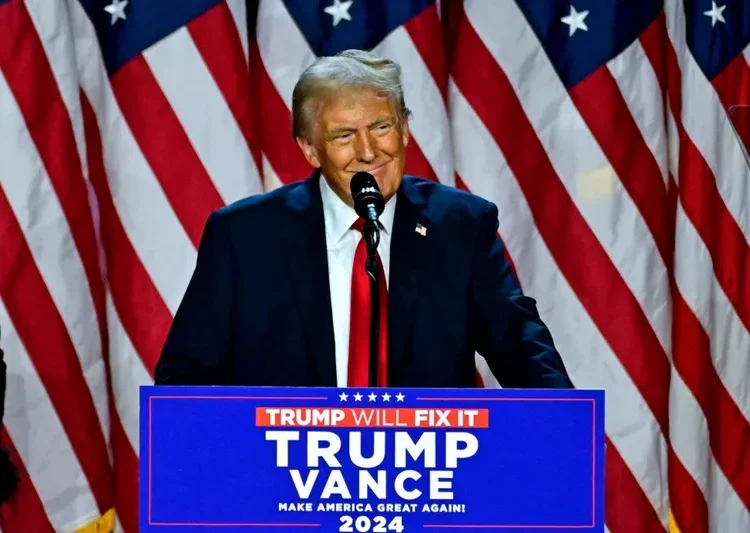Although Brazil is not currently a priority country for US foreign relations, the effects of Donald Trump's electoral victory, confirmed on Wednesday (6), may be felt in the foreign policy of Luiz Inácio Lula da Silva's government. That’s the analysis of Barbara Motta, professor of International Relations at the Federal University of Sergipe (UFS, in Portuguese) and coordinator of the Foreign Policy Observatory for Brazil (OPEB, in Portuguese).
“At first, the main consequence is how Brazil will manage to take a stance amid the trade war between China and the United States. For Brazil, it is important to maintain good commercial and diplomatic ties with both the United States and China, since both countries are important economic partners,” she told Brasil de Fato.
She believes that Trump will resume the policy he used in his first term, applying trade tariffs on Chinese products and pressuring allies to do the same. In a new round of Trump at the White House, Motta points out that this may be political pressure from the US on the Brazilian government.
“The United States sees Latin America as its exclusive area of influence, and Brazil is one of the major countries in the region. This could be pressure from the Trump administration on Brazil to distance the country and the regional bloc from a close commercial and diplomatic relationship with China.”
In his third term in office, Lula has sought to strengthen the BRICS and worked to expand the group during the summit held last October in Russia. The Opeb coordinator points out that Brazil's leading role on this front, which strengthens the Global South alliance, could be understood as a threat by the Trump administration.
“The BRICS emerges from the search these countries started to think of another geometry in international relations and try to better position themselves against the main centers of international power – the United States and Europe. Perhaps Brazil can be singled out in the region precisely because of this attempt to move around in international relations, looking for alternative arrangements with other Global South countries such as China and Russia, which are going to be emphasized by the Trump administration as enemies.”
Lula congratulated Trump on his victory, suggesting that Brazil may avoid animosity at the beginning of its relationship with the new US president. Brazilian diplomacy is currently working to keep relations between the countries at a normal level. But this depends on how the Trump administration interferes in the region's political and economic affairs, fomenting political change and strengthening far-right governments in the region, such as Javier Miliei's in Argentina.
“When I talk about the process of regime change, I'm thinking about Venezuela and talks between Trump and Bolsonaro. Depending on how Trump designs his foreign policy for the region, these frictions may arise as reactions to what Brazil sees as unacceptable, and not necessarily frictions initiated by the Brazilian government or diplomacy.”




